Even the word “budget” may evoke a deep-seated sense of fear, anxiety and loathing, but I’m an absolute believer in a budget as the cornerstone of your personal finances. Budgets have a bit of a reputation problem. I want to change your mind about a budget and not see them as a negative (with edicts to reduce your spending!), but seeing it as a positive tool to facilitate change on your journey towards financial happiness! Bet you weren’t expecting me to say you can actually spend more when you searched “what are the benefits of budgeting?”, did you?!
Running blind
If you were looking to lose weight, you would probably start by tracking your calories and either eating less or exercising more, right? I would bet it’s a similar story if you were looking to train for a 5k or a half marathon, you’d be tracking your average pace and mileage you covered on a weekly basis?
You need this data in order to track your progress against your goal and also to course-correct if you need to, either by reducing your goal or by making a change to your training plan (or weight loss programme). Without it, you’d be running blind at your event, unsure of the time you should aim for and how fast you should go.
It is the exact same with your money. If you aren’t consciously engaging in the management of your money then it will default to your habits. Unfortunately, our habits don’t always have our financial wellbeing in mind!
I can hear the thud of your heart sinking to the floor already with this, but it doesn’t need to be this way.
So, what are the benefits of budgeting?
1. Gives you an opportunity to put more resources into the areas you enjoy
A budget is essentially a spending plan, a way of allocating your resources towards activities or things that either meet one of your needs, your wants, or is being put aside for a future need or want (i.e saving/investing). Even against what most people tout (and I must admit I’m guilty of this myself too), a budget doesn’t need to be an exercise in stoic minimalism and extremely frugal living just for the sake of it. A budget is simply an expression of your spending intent. This means that whatever your interest or love or passion is, you can lean into that in a guilt-free way by allocating enough money to it each month. Say for example you have a blue-blooded love of fishing and use it as your main way of de-stressing and relaxing. Well, drop a line in your budget and make sure you’re putting enough cash towards it so you can have a great time fishing. Love travelling? Great, stick it in your budget and use your budget to facilitate your passions.
Now, it would be great if we could add in all of our passions and live like kings, but typically you’ll have to prioritise these carefully. These decisions come with a trade-off. This is the crux of the matter and the key is to prioritise the things you love and give you the best value, and be brutal on the other lines that you don’t care about so much. The constraint you are working to is to:
- maximise the joy you get from doing the things you love
- balance your budget so that you are living within your means and generating a personal profit
For me, I love drinking with my friends and travelling (either booking some dumb cycling/walking tour or a delightful European city break are my go-to’s), and as such I make sure I’ve allocated enough money to live well on both these line items – I currently budget around £100 per month, so £1,200 per year for holidays and around £400 per month on “going out”. To a lot of people, they’ll be outraged at this frivolity, but they don’t see that I’m brutal on my other expenses to keep my budget healthy and maintaining a 40%+ savings rate. I have hammered down my weekly groceries budget, drive an old car to keep my travel budget down, and house share to keep my housing costs down.
You too can use your budget to facilitate the things that you enjoy. It doesn’t all have to be an exercise in delayed gratification or frugality for the sake of it. Your budget is here to serve you, not for you to serve it!
2. Gives you visibility on your priorities
In a similar vein to the first point, looking at your past spending and deciding a budget for future spending really gives you an opportunity to self-reflect on what your priorities are. You can tell a lot about a person and their priorities from their budget alone (and spending). It is easy to say what your priorities are, but it is quite another to follow that through with your budget allocations.
3. Allows you to confront your reality with actions
This is the slightly more painful part of creating a budget, but if you’ve been worried about what you’ll uncover then remember back to when you were a kid – the demons you couldn’t see were a lot scarier than the ones you could.
As part of putting together your budget, you’ll be looking at your spending on different areas of your life, as well as taking stock of your current debts and assets. The thought of adding up your debts and landing on a final number may be daunting, but once you have it, you will know your current financial position. Aiming to be able to answer the following questions means you’re on the start of your journey to living debt-free and building wealth for the future:
- How much debt do I have?
- What is my net worth (my assets minus my debts)?
- How much money do I normally have left over at the end of each month once I’ve paid all of my bills?
Once you know the answers to these types of questions, you’ll be able to start looking for solutions.
4. It hands you back control of your finances
I often liken a budget to a steering wheel of your personal finance car. It gives you control of your finances because you are purposefully and intentionally directing your money around to suit your goals. No longer are you simply being pushed around by your money and your habits, but you’re taking control of it.
This can’t be understated. Every single £ you earn is yours to direct, and it is up to you to get the balance right between spending on things that you need each month, things you enjoy (so that you have the right balance of a lifestyle that is enjoyable and sustainable based on your own unique priorities), and allows you to build for the future. Building for the future will be anything that builds your net worth, such as paying down debt, building up an emergency fund, or investing.
5. Lets you build for, and plan for, the future
Once you have a budget in place, you’ll have hopefully generated yourself a personal profit. This is where your income exceeds your expenses.
Once you have this in place, then you’ll have a better idea to answer questions such as:
- “How long will it take me to save a £xx,xxxx deposit for a house?”
- “I’m we’re planning to get married next year, how much can I afford to spend on the wedding?”
- “If I need to save up £20,000 to go travelling for a year, when will that be?”
Now that you know you’re making a personal profit of £500 per month (and you’ve grown consistent at sticking to your budget), then you know that it will take you 20 months to save £10,000. After calculating this and deciding 20 months is too long to wait, you have three options:
- Reduce your expenses further – getting brutal on even the protected “passion” lines
- Boost your income
- Do both at the same time!
This foresight is really important as it gives you insight on setting realistic expectations for your goals rather than hoping for some divine intervention. Further, it also makes it clear the actions you need to take to change them.
How does budgeting affect your savings and overall wealth?
I can’t overstate this enough, a budget is going to be the most important factor in building wealth.
To grow your savings and your wealth, you need to first get out of debt, then build up an emergency fund, and then start aggressively investing.
The key to starting on that journey is with a budget. It will shine a light on any “fat” that needs trimming in your spending, gives you an opportunity to thoughtfully direct your money, and gives you control of your money so you can start directing it towards living the life you want to lead and towards building your wealth.
What role do your needs and wants play when creating a budget?
This is an area that isn’t often discussed when you read budgeting advice online, but I think it is important.
As alluded to in point 1 in this article, a budget is a spending plan. This spending plan is going to be unique to you, and will reflect what your needs are, what your wants are, and what your plans are.
Your needs take priority, these are your essential expenses such as housing, groceries, utilities, council tax and transport to get to work.
Your wants are the things that make life enjoyable. The holidays, the dining out, the pub visits, the gifts, the time spend away with family etc. Your wants are going to be very specific to you, and your budget (your spending plan) should be optimised to maximise the things you find enjoyable, whilst brutally cutting the spending on things that you don’t find enjoyable. It is important to note that as your income is finite, your first priority is to ensure you are making a personal profit (where your expenses are smaller than your income).
Your plans are your future goals. This could be savings for a short term financial goal such as a house deposit, or long term financial goals such as retirement. Either way, it needs to be a part of your budget. The key to long-term goals is to get started as soon as you can, so compounding returns can do the heavy lifting for you.
Conclusion
Even though it gets a bad rep and probably fills your heart with a sinking feeling, budgeting is the biggest weapon you have in your personal finance arsenal. Enabling you to control your finances how you want to, balancing between your immediate needs and wants and your longer-term financial goals.
I hope this has eased some of the anxiety you may be feeling about budgeting, and shows you how important a budget can be for your finances.
I’ve given more detail of my budgeting process here.
I would love to hear your story of how budgeting has enabled you to take control of your finances, ping me an email or drop me a message below and I would love to chat!
How to set up a budget in Google Sheets
The trusty spreadsheet is no longer dominated by Microsoft Excel. Google’s offering; Google Sheets, is…
How to create a personal budget in Excel that’ll even impress your accountant!
When creating a budget, using a spreadsheet app like Excel makes the whole job much,…
How To Cancel Peloton Subscription UK
Bored of your Peloton and want to cancel? We’ve laid out the steps you need…
How Big Should My Emergency Fund Be?
Ahh the emergency fund – the safety net of all safety nets. Everyone tends to…
How To Cancel Racing TV UK (Sky or Direct)
Staying on top of your monthly subscriptions can help to streamline your finances. You may…
Snoop vs Yolt: Will These Help You Save Money?
Is there an area not yet touched by the app revolution? If there is, then…
How To Cancel Experian Membership (UK)
Looking to cancel your Experian Credit Expert membership in the UK? We’ve done the research…
How I Paid Off £2,000 Debt and Saved £9,000 In Less Than One Year
Everyone loves a good story, and even though this is a far cry from the…
What Is A Good Amount Of Savings UK?
Generally in life, more tends to be better. But is that true for savings? Whilst…

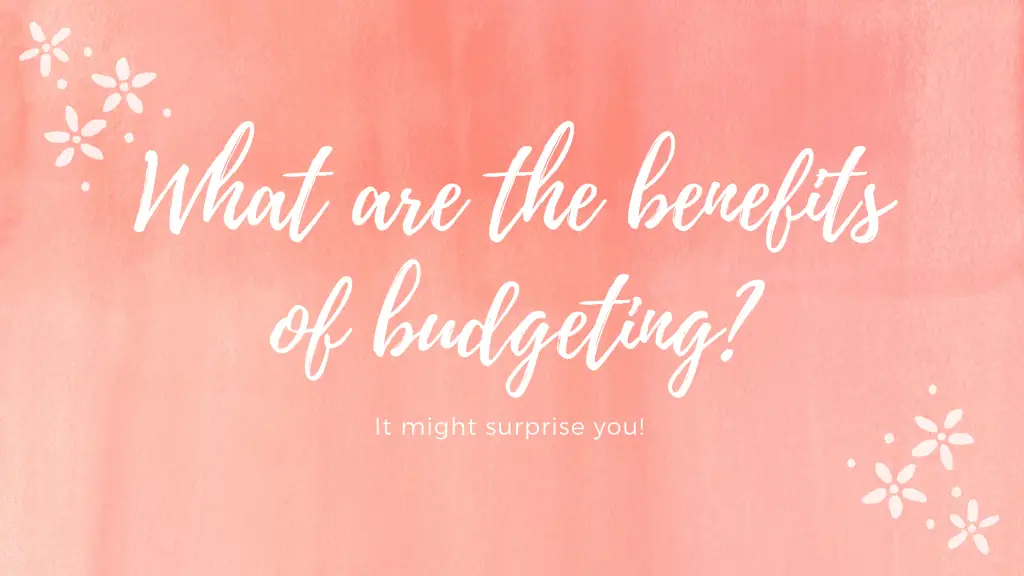
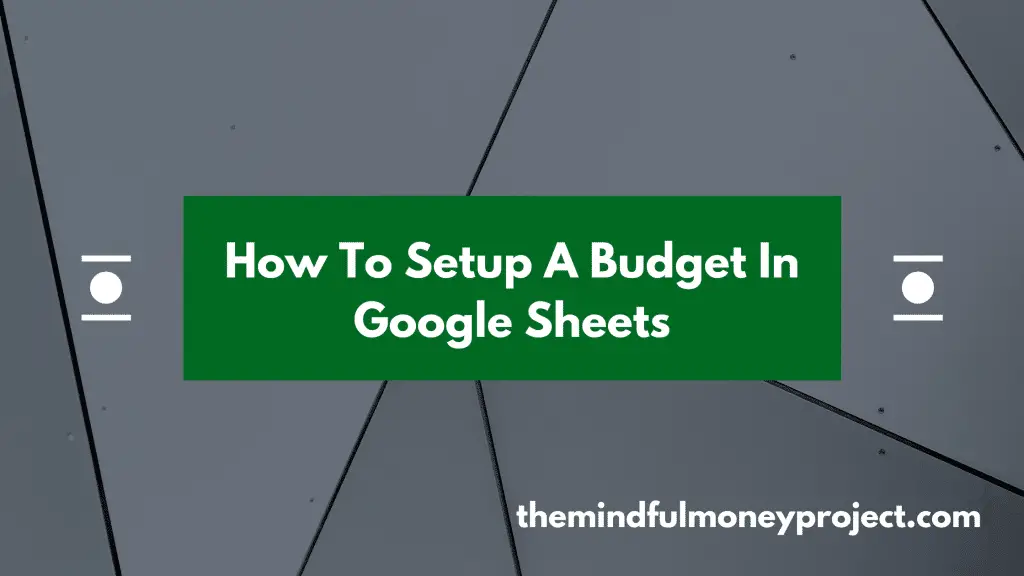
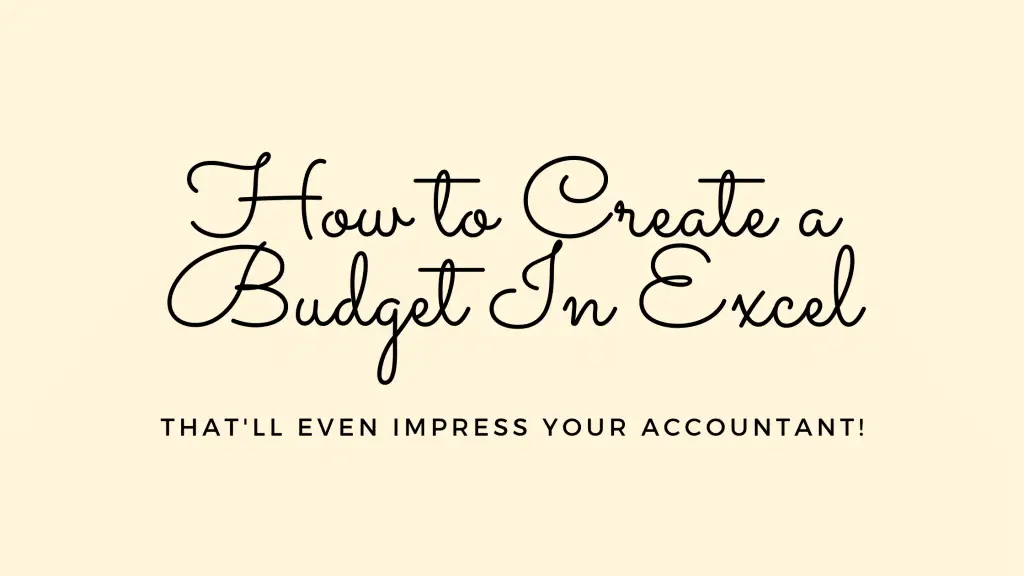

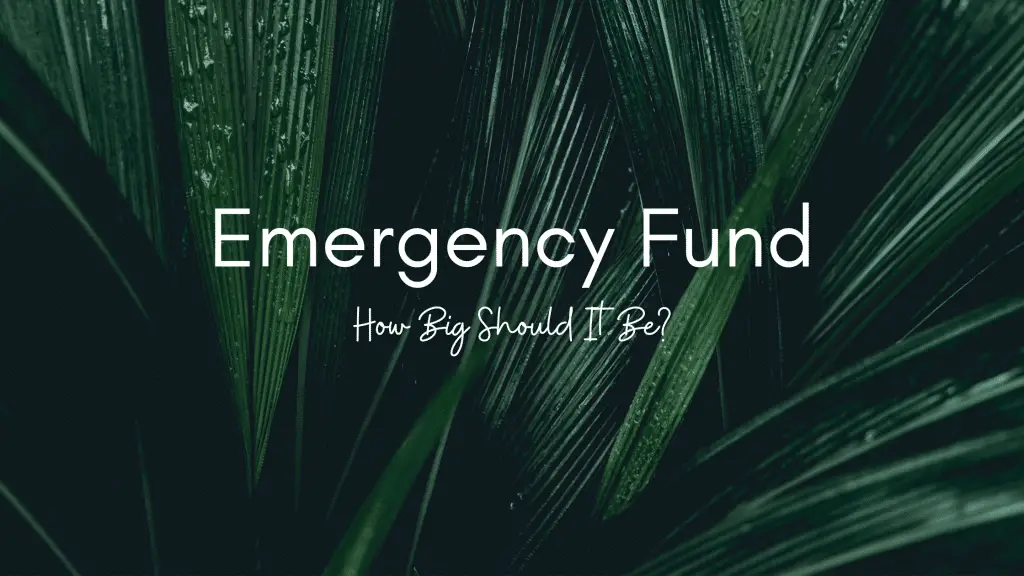



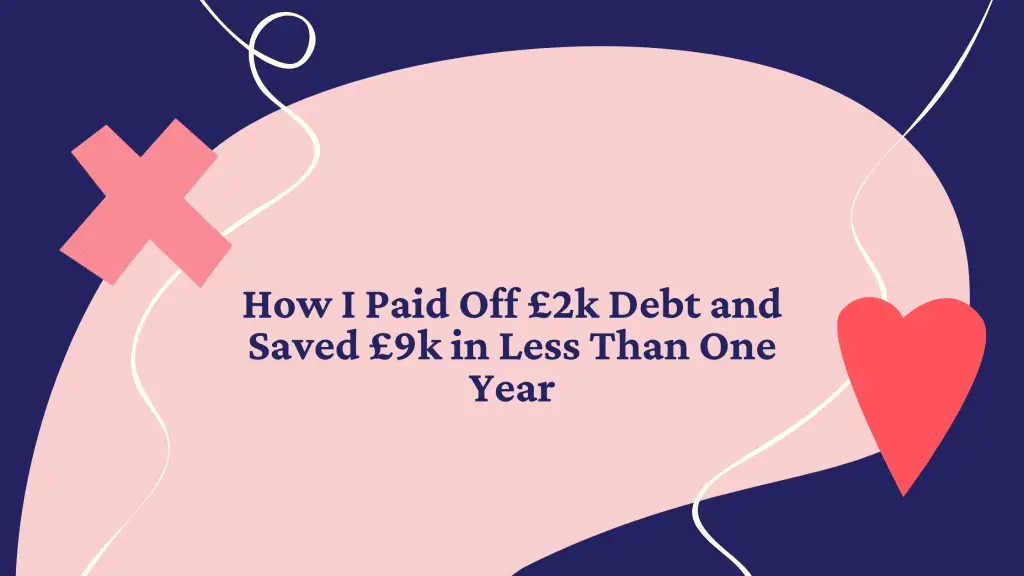

Pingback: The 7 biggest finance mistakes young professionals make in their 20s - Personal Profit
Pingback: How To Stick To Your Budget When Nothing Works
Pingback: Should I Save an Emergency Fund or Pay Off Debt? | The Mindful Money Project
Pingback: How to save £1000 in a month using the COST method